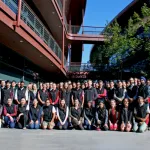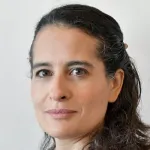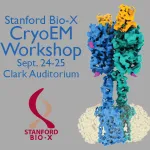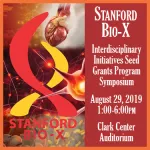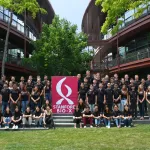WISE Research Roundtable: Normalizing Struggle: Effective Mentoring for Doctoral Students
Normalizing Struggle: Effective Mentoring for Doctoral Students
Sponsored by WISE Ventures, Office of Faculty Development, Office of the Vice Provost for Graduate Education, and Bio-X.
JULIE POSSELT, UNIVERSITY OF SOUTHERN CALIFORNIA
This WISE Research Roundtable is one in a series of discussions with those whose research illuminates paths to advance equity in scientific and technical fields.
Faculty mentoring is a durable structure within doctoral education that facilitates intellectual growth, professional socialization, and progressive independence. This presentation will share findings from research focused on PhD students from marginalized backgrounds in science and engineering programs that, though located in top research universities, enrolled significantly higher shares of women or students of color than are found on average in those disciplines. Posselt finds clear patterns in how students conceptualize faculty support, associated with specific mentoring tactics that contributed to their persistence and well-being.


